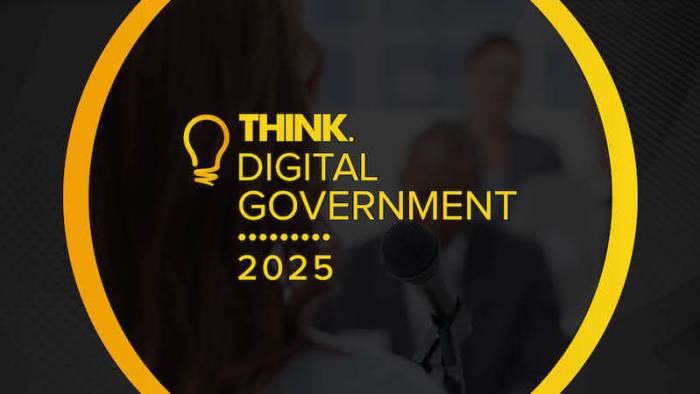The UK Government has engaged with private sector digital identity providers on how the proposed GOV.UK Wallet will work moving forward.

The Government Digital Service (GDS) said it has sat down with industry representatives to provide an update on the government’s proposals. In a GDS blog, director of digital identity Natalie Jones OBE said the GOV.UK Wallet “opens the door to two use cases for the private sector to innovate.”
The first is to create an orchestration service to facilitate data sharing between the user and a retailer when during the purchase of an age restricted product or service. The second is identity or holder services. Here, identity services will be able to take information such as scans or photos of physical documents from digital credentials in the GOV.UK Wallet if the user chooses to share them.
Jones said these private sector services might also create a reusable ‘derived credential,’ which is a new credential that would allow users to prove things about themselves, without going back to the GOV.UK Wallet.
“We’re kicking off engagement with the technology sector to build on our established foundations, enabling future collaboration as we change the way users can prove information about themselves. And it’s no small task. We’re building the UK’s first government digital wallet, enabling multiple private sector organisations to build the technology to check and share information from it,” said Jones.
If you liked this content…
The meeting was also an opportunity to address fears within the industry that the government will compete with wallets issued by the 50+ identity providers that have already been certified under the UK [Digital Identity & Attributes Trust Framework] DIATF.
A LinkedIn post from the Age Verification Providers Association revealed that at the meeting, Secretary of State, Peter Kyle for “the unintended impact of their wallet and digital driving licence (DDL) scheme announcement.”
Jones said GDS’ ambition is to see the first credential in the GOV.UK Wallet go live this summer with the launch of the digital veterans card in partnership with the Office of Veterans’ Affairs and Ministry of Defence. Later in the year, it will begin the initial roll out of the digital driving licence.
She added that her team is engaging across government to identify more potential credentials from other government departments. “This is opening the door to a world where an array of government-issued documents can be easily stored in your phone, in one place,” said Jones.








